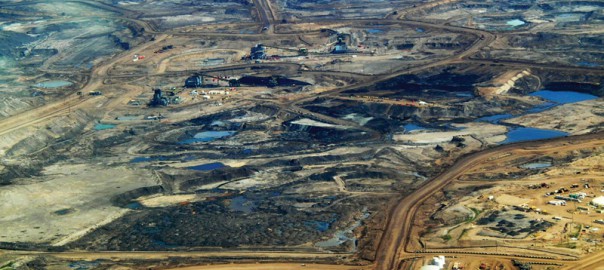Restricting population growth will not solve global issues of sustainability in the short term, new research says.
A worldwide one-child policy would mean the number of people in 2100 remained around current levels, according to a study published in the Proceedings of the National Academy of Sciences.
Even a catastrophic event that killed billions of people would have little effect on the overall impact, it said.
There may be 12 billion humans on Earth by 2100, latest projections suggest.
Concerns about the impact of people on the planet’s resources have been growing, especially if the population continues to increase.
‘Can’t stop it’
The authors of this new study said roughly 14% of all the people who ever existed were alive today.
These growing numbers mean a greater impact on the environment than ever, with worries about the conversion of forests for agriculture, the rise of urbanisation, the pressure on species, pollution, and climate change.
The picture is complicated by the fact that while the overall figures have been growing, the world’s per-capita fertility has been declining for several decades.
The impact on the environment has increased substantially, however, because of rising affluence and consumption rates.
Many experts have argued the best way of tackling this impact is to facilitate a rapid transition to much lower fertility rates.
To work out the impact on population, the team constructed nine different scenarios for population change up to the year 2100, using data from the World Health Organization, and the US Census Bureau’s international database.
They also used “catastrophe scenarios” to simulate the impacts of climate disruption, wars or global pandemics on population trends.
According to the study, attempts to curb our population as a short-term fix will not work.
If China’s much criticised one-child policy was implemented worldwide, the Earth’s population in 2100 would still be between five and 10 billion, it says.
Read more: BBC
